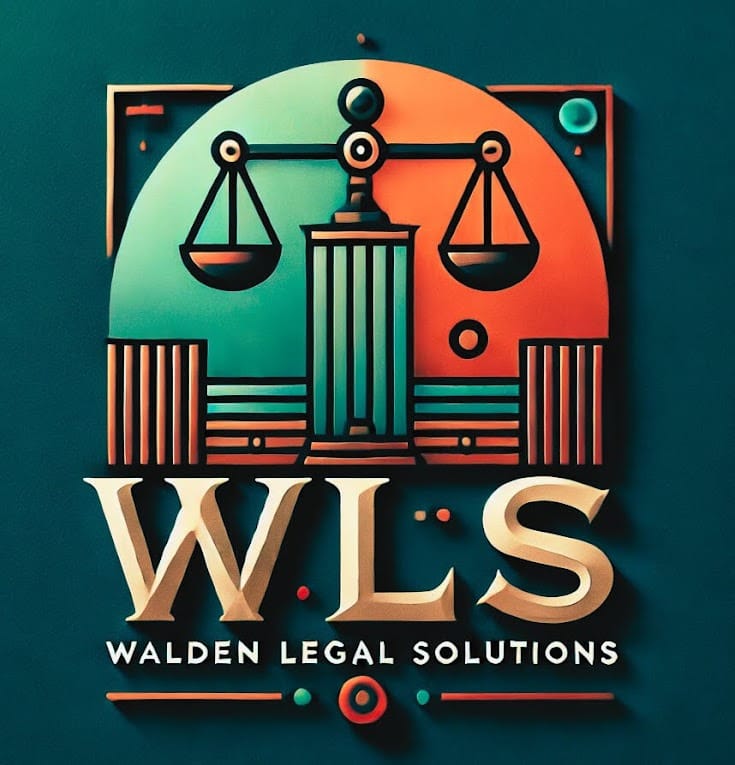Kansas Seniors At Risk Of Facing Foreclosure As Defaults on Reverse Mortgages Hit Record Rates
In 2007, I was skeptical about reverse mortgages. As the Elder Law Project Manager at a Kansas law firm, I traveled across nine counties and heard countless stories of people losing money—and sometimes their homes—because they were drawn in by offers that seemed “too good to be true.” That’s when I wrote an article titled “The Pros and Cons of Reverse Mortgages.”
Since then, laws have changed, adding more protections for those choosing reverse mortgages to pay bills, travel, or gain extra spending cash. As a Kansas bankruptcy attorney, I’ve even recommended reverse mortgages to senior clients who, after navigating a Chapter 7 bankruptcy, needed additional support to stay in their homes. However, my advice may change again.
Alarming Rise in Reverse Mortgage Defaults
Recent data shows defaults on reverse mortgages have reached record highs. For the more than 775,000 seniors holding reverse mortgage loans, this raises the risk of foreclosure. Instead of securing their homes, many seniors may now face losing them.
Although laws were updated to provide protections, some lenders adapted their strategies, focusing on sales pitches that downplay the risks while emphasizing the rewards. The result? Many seniors are still being pressured into loans they cannot afford due to high fees, property tax costs, or home maintenance expenses.
A Deceptive Tactic Targeting Seniors
One particularly harmful scam involves brokers pressuring couples into reverse mortgages. After convincing them it’s a good idea, the lender may suggest placing the loan—and the home’s title—solely in the name of the older spouse, often the husband, to simplify the qualification process.
Statistically, men tend to pass away earlier than women. When the husband dies first, the widow often finds herself without title to her home and unable to refinance or pay off the reverse mortgage, which becomes due in full. This debt can range from thousands to hundreds of thousands of dollars. Unable to pay, she faces foreclosure and eviction, losing both her spouse and her home in a short period. Meanwhile, the lender gains ownership of the property at minimal cost.
A Tool That Requires Caution
When used responsibly, reverse mortgages can help seniors stay in their homes. However, with declining home values, some brokers resort to unethical practices to turn a profit, leading many major companies to exit the reverse mortgage market altogether.
If you are considering a reverse mortgage, ensure you fully understand the associated fees, risks, and obligations. Importantly, both you and your spouse should be protected in case something happens to one of you. Do not let your home be taken over by a mortgage company due to lack of proper planning.
Alternatives to Addressing Debt
If a reverse mortgage is being considered to manage other debts, it’s wise to explore alternatives like a free bankruptcy consultation. A Chapter 7 or Chapter 13 bankruptcy can help eliminate debts causing financial strain while protecting key assets like your home, retirement savings, vehicle, and other personal property under Kansas bankruptcy exemptions.
Takeaways:
- Educate yourself on reverse mortgage risks and fees.
- Protect both spouses by ensuring both names are on the loan and title.
- Consider bankruptcy as an option to relieve debt without jeopardizing your home.
With careful planning and trusted advice, you can make informed decisions that secure your financial future and protect your home.



